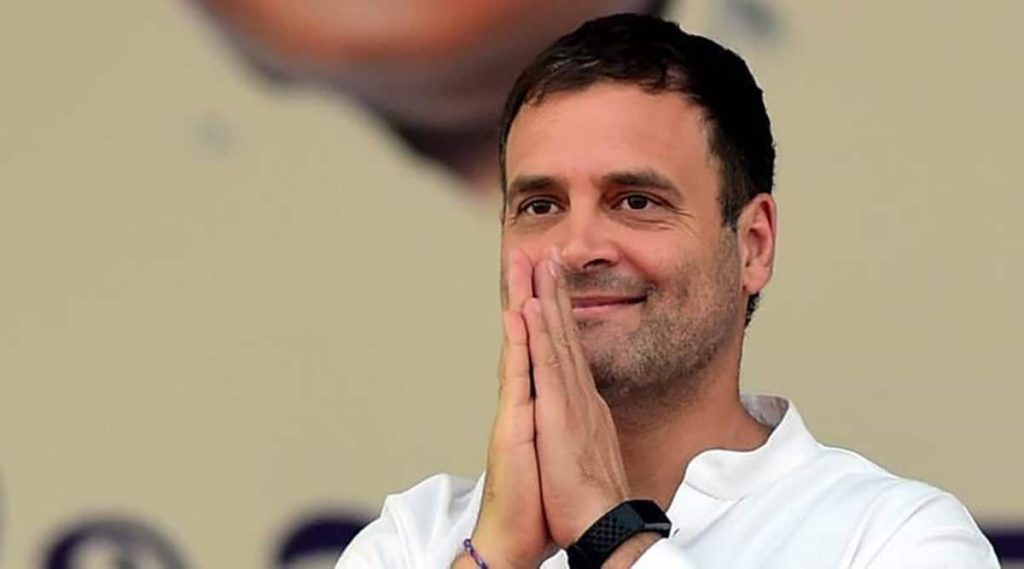The blending of judicial processes with political scheming is not a novel phenomenon in the world of contemporary politics. Leaders frequently become embroiled in legal disputes, prompting concerns about whether prosecution is gradually taking the place of conventional political dialogue.
Legal processes are an essential instrument for guaranteeing responsibility, but they shouldn’t be allowed to obscure what democratic politics is all about: constructive discussion, the development of public policy, and welfare. The trials of Donald Trump, Imran Khan, and Rahul Gandhi highlight the precarious balance between politics and prosecution. In order to ensure that prosecution does not entirely replace politics’ crucial role in determining a country’s destiny, it is imperative that individuals demand a system that keeps political dialogue focused on substantive concerns.
What do Donald Trump, Imran Khan, and Rahul Gandhi all have in common? No, this is not the clumsily chosen punchline of a joke. These three powerful political personalities have a common misfortune: two of them are past heads of state seeking a return, and the third wants to be his country’s president.
All three of them are embroiled in tangled legal battles that, in the defendants’ opinion, serve a dark political agenda. The authorities in all three nations, of course, contest that purpose, but these instances have a significant political influence.
It does appear that the courtroom is replacing the hustings in certain democracies. The arrest of Imran Khan, who is regarded as Pakistan’s most popular leader, is the clearest example of this. He was found guilty of selling items he obtained while in government and not disclosing the income.
Khan won’t be able to run in the elections scheduled for later this year because of his three-year prison term. The all-powerful army of Pakistan has made sure that its ally-turned-critic won’t win reelection in those polls. Additionally, they have crippled the nation’s news media and dismantled Imran Khan’s party, urging PTI leaders to turn against him.
The array of legal matters Donald Trump is currently dealing with are all increasingly complicated and severe. He has been charged in three criminal instances, and a fourth is reportedly just around the corner. The most serious accusation against him—that he allegedly planned to rig the results of the 2020 presidential election—was dismissed when he appeared in court in New York last week.
Trump is shouting loudly, as you could expect from this political street fighter, that the whole thing is a political plot to undermine his chances of winning the White House again and that there is no chance that he will receive a fair trial. Trump is unquestionably the clear favourite to secure the Republican nomination and face Joe Biden in the November 2024 presidential election. The legal frenzy has also improved his popularity among his supporters. The legal lawsuits allegedly have a political motivation, according to even his competitors for the Republican nomination.
Trump is the most incisive part. He frequently referred to his rival as “Crooked Hillary” during his first run for president and urged his supporters to cry, “Lock Her Up!” The alleged crime committed by Hillary Clinton was using a personal email server for work-related correspondence while she was secretary of state. Clinton had been “extremely careless,” according to the director of the Federal Bureau of Investigation (FBI), but he suggested against prosecuting him since there had been no criminal intent.
Trump has now turned his animosity against Joe Biden, branding him the most corrupt politician ever without providing any proof. Additionally, he frequently refers to the “crime family” of the Bidens in an effort to link the president to the debate surrounding the actions of his occasionally errant son, Hunter Biden.
This fits into a populist trend where opponents are falsely accused of being corrupt and criminal in addition to being criticised for their programmes, knowledge, and political experience. It dries up politics and silences typical democratic discourse.
The White House maintains that it had no part in the prosecution of Donald Trump and that all choices were made without being under any political duress. Maybe that’s the case. No one also wants powerful politicians to be protected from legal action. However, many Americans will believe that this barrage of legal actions against a former president, which are certain to continue during the presidential election campaign, are being brought in order to make Joe Biden’s reelection easier.
Democrats in the US have engaged in a fair bit of vilification and mudslinging. It was particularly regrettable that they tried to impeach President Trump in the first place in 2019, claiming that he had encouraged Russian meddling in the election. It was never going to result in a conviction, and it created the appearance that the losing party was acting impolitely in defeat. And as a result, the second, far more significant attempt to impeach Trump following the assault on the Capitol building on charges of inciting rebellion lost some of its moral authority.
Rahul Gandhi is in a stronger position than his two co-defendants because his suspension from the House of Representatives has been revoked. Regardless of the validity of the accusations levelled against him, the wisdom of the statements he made, or your assessment of his skill as an opposition leader, a well-known politician is back in Parliament, where he belongs. Politics, not criminal justice, is the best way to address the questions that are at the centre of politics, such as who should rule and for whose benefit.
